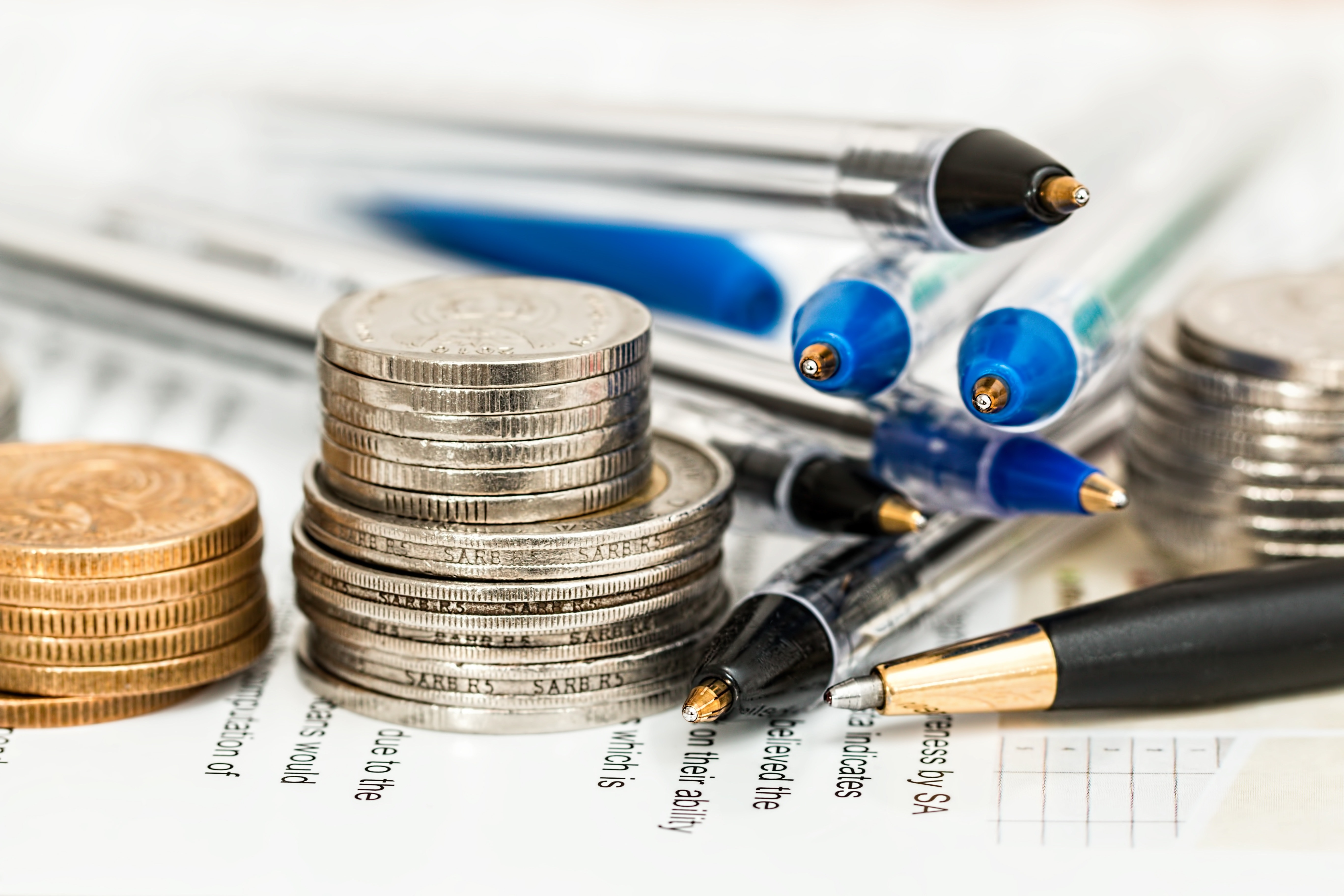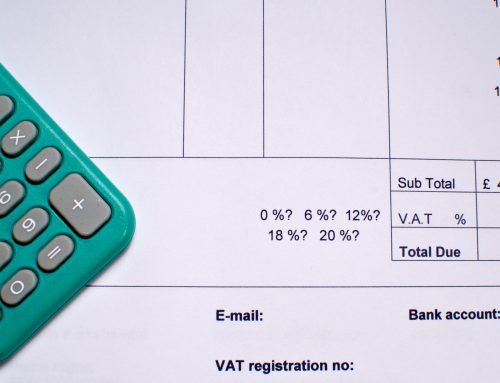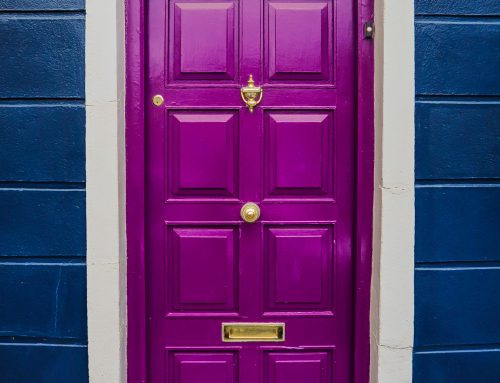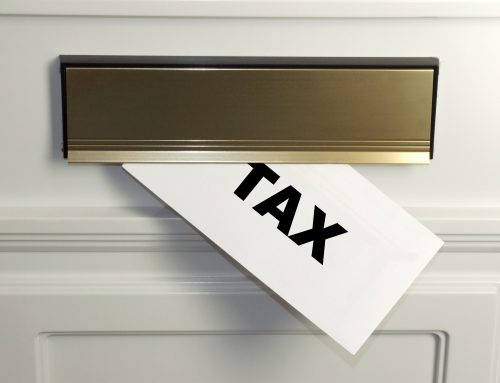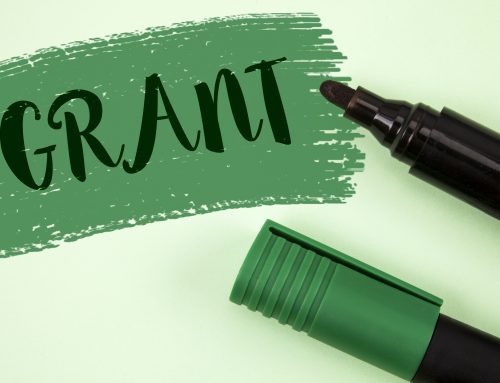Self assessment is a means for HMRC to collect income tax. Most people pay their income tax via PAYE when they work as an employee. However if you receive other income then most likely you will be required to register for self assessment and file a return each year.
HMRC states that you must file a return if any of the following apply:
- Self employed asa sole trader and earn more than £1000 per year
- A partner in a business partnership
- Money from renting out a property
- Tips & Commissions
- Income from savings, investments and dividends
- Foreign Income
- Earnings over £50000 and in receipt of child benefit
- A director of a limited company
- You receive any other untaxed income
The tax year runs from 6thApril one year to the 5thApril the next year and in most cases the deadline for filing and payment if applicable is the 31stJanuary the following year. The only exception is when you wish HMRC to deduct any tax owed from your wages or pension and the deadline would be 30thDecember.
I strongly recommend registering for an online account with HMRC where you can monitor your payments, bills and statements.
Freeagent clients have the extra bonus of being able to use the tool for future tax planning. This ensures no nasty tax bills that you were not aware of but also gives you the means to manage your dividend withdrawals effectively.
Lastly, if your tax bill is over £1000 then when you come to make payment HMRC will look for “payments on account”. This is where you pay next years tax bill in advance over 2 payments on 31stJanuary and 31stJuly. If you pay too much then you can claim a repayment and if you have not paid enough then the amount will be due by 31stJanuary. In your first year of payments on account and for example your bill was £1200. You will pay the £1200 by 31stJanuary and another £600 by the same date. Then on 31stJuly of that year you will pay the other £600.

